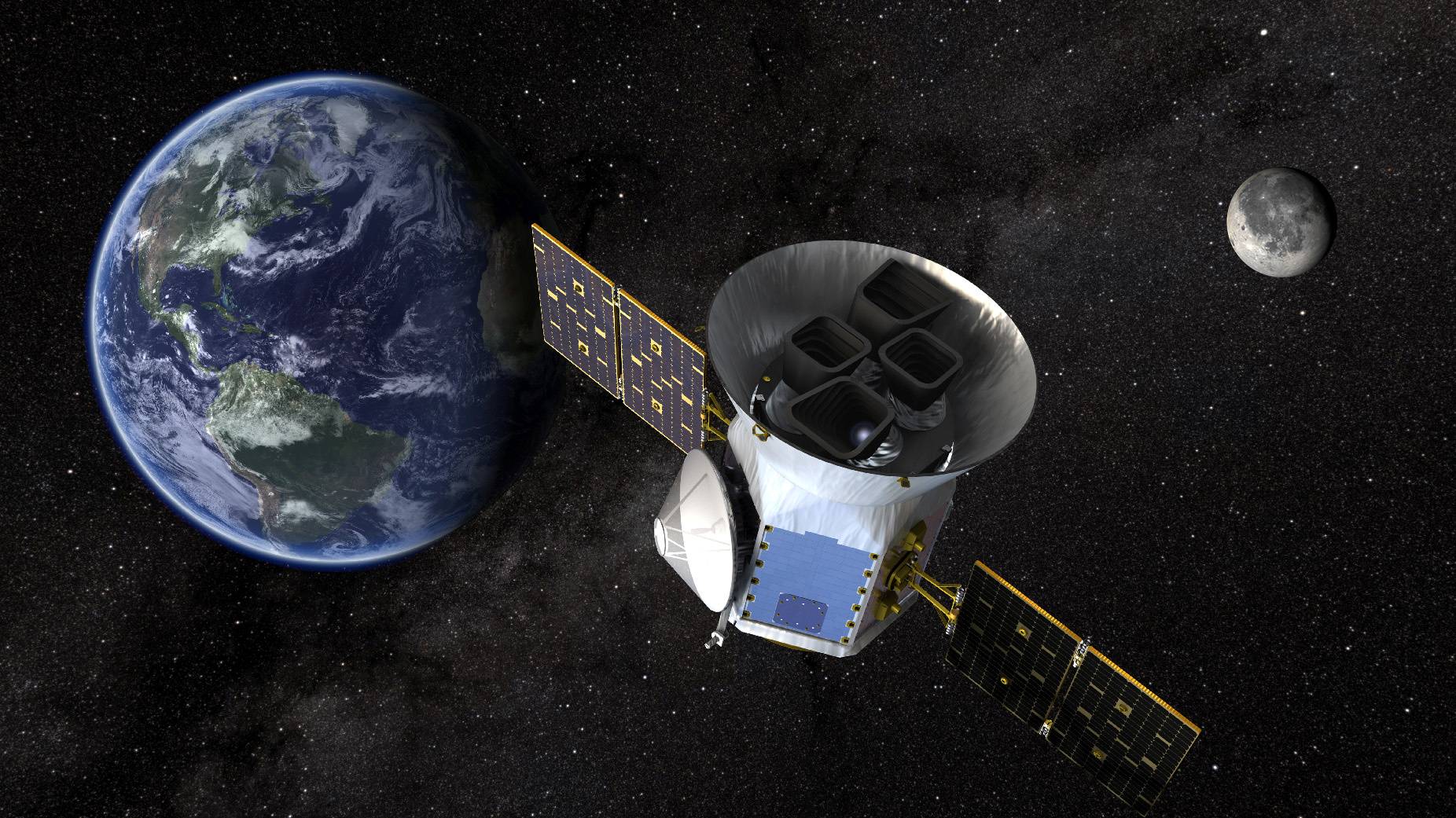For millennia, humans have peered into the night sky hoping to divine their place in the universe. Telescopes and other technologies allowed them to look ever deeper. Now that age-old custom is running up against a very modern threat: satellites.
More than 3,300 operational satellites are currently in orbit, according to the Union of Concerned Scientists. As global demand for broadband and other services soars, that number could exceed 100,000 in the years ahead. This has scientists worried: Satellites reflect sunlight, causing bright trails across the night sky, which in turn can impede crucial observations or corrupt astronomical data.
Without government action, the rise of satellite constellations could soon make ground-based telescopes all but unusable — affecting everything from the study of the stars to the search for dangerous near-Earth objects.



















With your current subscription plan you can comment on stories. However, before writing your first comment, please create a display name in the Profile section of your subscriber account page.